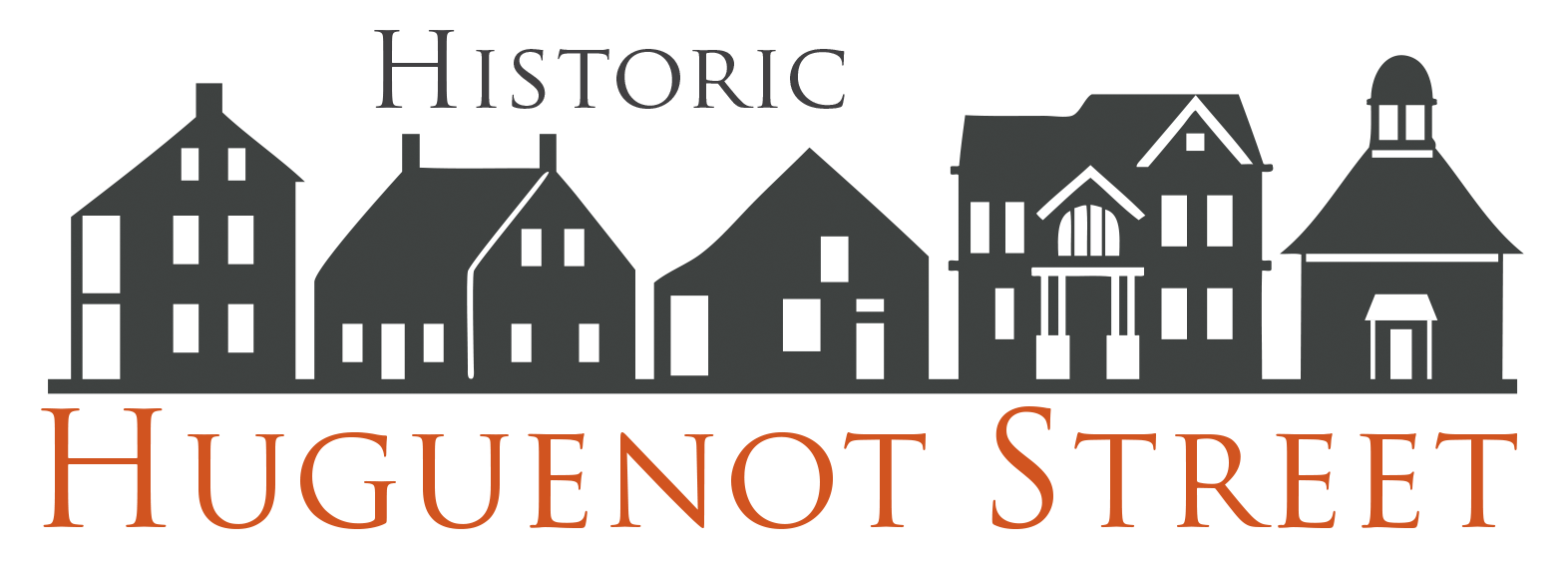For decades, historic sites and living history museums have casually glazed over the topic of slavery and Black History in an effort to perpetuate a more romantic, yet incredibly inaccurate and non-inclusive, interpretation of our country’s past. Today, a number of educational and cultural institutions, as well as activists and educators, are trying to break this narrative by incorporating Black living history into their programming. During this panel discussion we will speak with two well-known reenactors and historians who portray Black History through living history demonstrations. We will discuss the benefits that living history brings to its audience members and why historic sites and living history museums should consider this type of educational programming. We will, additionally, discuss the difficulties and even racism that Black reenactors face while performing and how the general public can and should interact with such presentations when given the opportunity.
The virtual discussion will take place via a Zoom webinar at 7:00 PM on Tuesday, June 15 and will last approximately one-hour. Attendees will have the opportunity to submit questions by way of the Q&A feature.
Panelists:
Lavada Nahon is the interpreter of African American history for The New York State Office of Parks, Recreation and Historic Preservation-Bureau of Historic Sites. She is also a culinary historian focused on the 17th – 19th century mid-Atlantic region, with an emphasis on the work of enslaved cooks in the homes of the elite class. She has 18 plus years of public history experience working with a variety of historic sites, societies, and museums across the tri-state region. Lavada has developed educational programs, after-school programs, lectures and tours, period presentations and historic dinners for sites ranging from the New York Historical Society, Albany Institute of Art and History, Dyckman Farmhouse Museum, Johnson Hall, many more. She worked as a museum associate and educator for Historic Hudson Valley for 12 years at Van Cortlandt Manor and Philipsburg Manor Upper Mills, and as a production coordinator for their special events team for 3 years. Her mission is to bring history to life by giving presence to the Africans and people of African descent enslaved and free in the landmass that was once New Netherland/New York in whatever way possible.
Joseph McGill, Jr. is the founder of the Slave Dwelling Project and a history consultant for Magnolia Plantation in Charleston, SC. By arranging for people to sleep in extant slave dwellings, the Slave Dwelling Project has brought much needed attention to these often-neglected structures that are vitally important to the American built environment. Since 2018, McGill has conducted over 250 overnights in approximately 100 different sites in 19 states and the District of Columbia.
McGill is the founder of Company “I” 54th Massachusetts Reenactment Regiment in Charleston, South Carolina. The 54th Massachusetts Volunteer Infantry was the regiment portrayed in the award-winning movie “Glory.” As a Civil War Reenactor, he participates in parades, living history presentations, lectures, and battle reenactments. Prior to his current position, McGill was a field officer for the National Trust for Historic Preservation, working to revitalize the Sweet Auburn commercial district in Atlanta, GA and to develop a management plan for the Mississippi Delta National Heritage Area. McGill also formerly served as the Executive Director of the African American Museum located in Cedar Rapids, Iowa, and is the former Director of History and Culture at Penn Center, St. Helena Island, South Carolina.
Duane Jackson portrays a soldier in the 1st Rhode Island Regiment - a pioneering military unit consisting of the first African American soldiers to fight as free men in the Revolutionary War. The 1st Rhode Island played a vital and heroic role in the brief, but brutal, battle at the Pines Bridge crossing of the Croton River in 1781.
Jackson, himself, is a decorated U.S. Navy veteran, having served aboard the USS Ranger aircraft carrier in the Pacific during the Vietnam War. He is co-president of the Buchanan Historical Society, and a member of the Van Cortlandtville Historical Society and the Westchester County Historical Society. He is a member of American Legion Post 1030 in Verplanck, Vietnam Veterans Chapter 49 in Westchester, and the Disabled American Veterans Chapter 137 in Westchester and Putnam counties.
He earned his BA Degree in City Planning in 1976 from Boston University and did post graduate work in Washington. D.C. Prior to establishing his own business, he worked with the NYC Department of Housing and Preservation, the NYC Board of Education (Division of School Buildings), and a private engineering firm.
To support this program and the educational effort of HHS, we encourage a suggested donation of $10
This program is made possible by the New York State Council on the Arts with the support of Governor Andrew M. Cuomo and the New York State Legislature.



